1. Tarangire National Park
Tarangire National Park is located in the Manyara region of Tanzania. The park's name derives from the Tarangire River, which flows through it. The Tarangire River is the primary source of freshwater for wildlife in the Tarangire ecosystem during the dry season each year.
The Tarangire ecosystem is defined by the long-distance migration of wildebeest and zebras. During the dry season, thousands of animals from various regions begin to congregate in Tarangire National Park. The park covers an area of approximately 2,850 square kilometers (1,100 square miles). The landscape includes granite ridges, river valleys, and swamps.
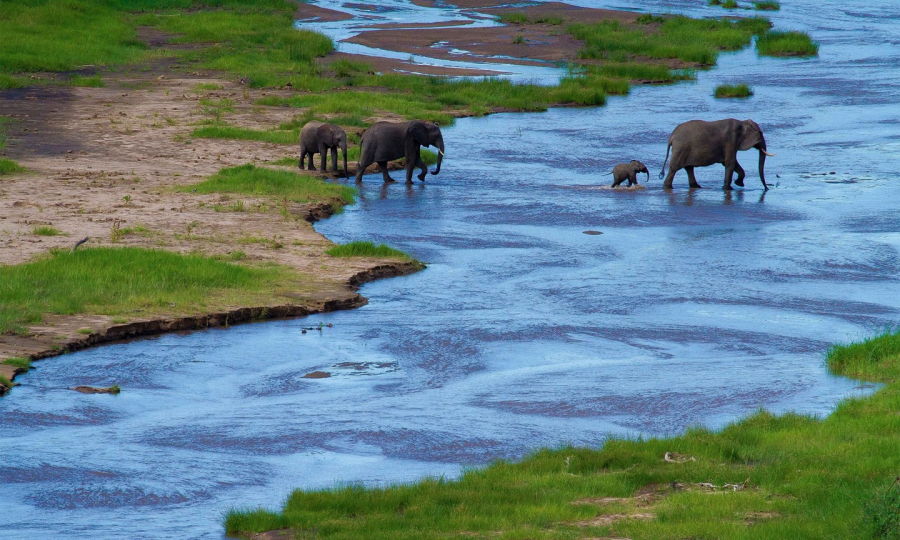
The best time to visit Tarangire National Park is from June to October. Visitors can see herds of elephants among the towering baobab trees in a truly spectacular setting.
2. Go to Selous to see lions and buffalo.
Selous National Park is four times larger than Serengeti, attracting a huge number of visitors. The park is home to some of the largest lions and buffalo in Africa. It's best to plan your visit between June and October, as this is the dry season. This is the ideal time to see wildlife in Tanzania, and the scenery will be incredibly lively and crowded.
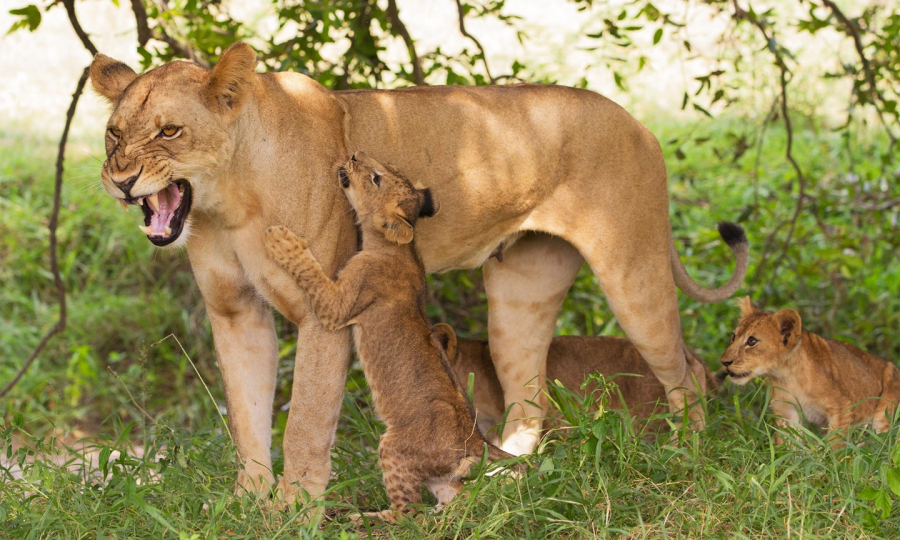
3. Ngorongoro Conservation Area
Lakes, plains, forests, and a large volcanic crater contribute to the majestic beauty of the Ngorongoro Conservation Area. It is also home to a diverse range of wildlife, including leopards, lions, and black rhinos. Visitors can take boat trips on the river for ideal and safe viewing.
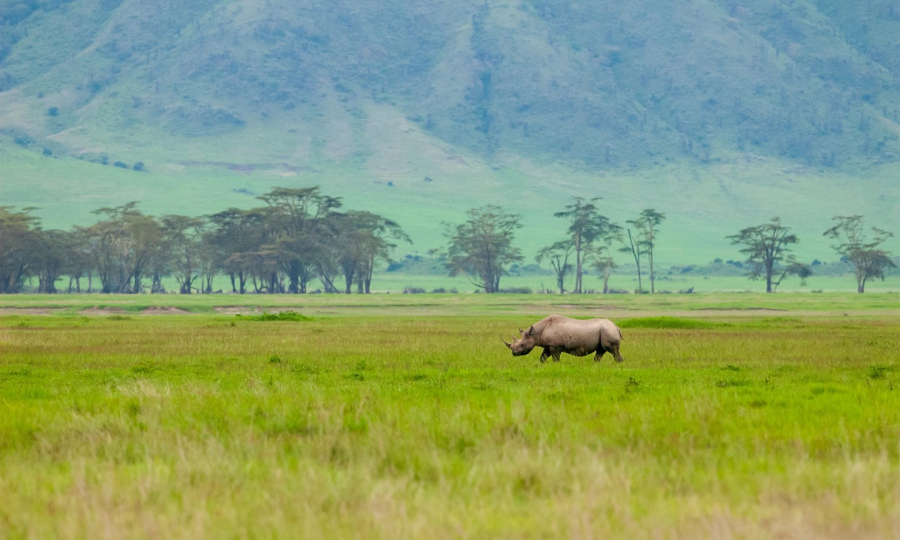
There are a few great times to visit Ngorongoro. It's around January and February, when you can see the giant wildebeest just outside the crater rim. In May, it's still raining, so the vegetation is lush and green, and you can get a slightly cheaper entrance fee. Peak season is usually from June onwards.
4. Observe chimpanzees in Gombe National Park.
This is where Dr. Jane Goodall, a renowned primitive scientist, conducted her research on chimpanzees in the 1960s. Therefore, Gombe National Park is a must-visit destination for those who want to experience true wildlife tourism.
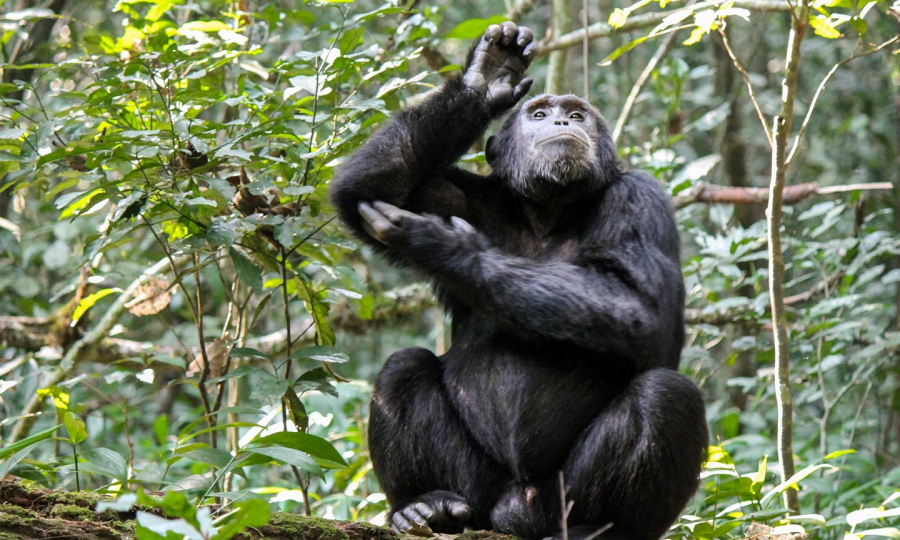
Today, chimpanzee-watching tours have begun to expand as they venture deeper into the rainforests on the edge of Lake Tanganyika. A large number of tourists visit at the end of the dry season, around September and October.
5. Serengeti National Park
In late November, around two million majestic wildebeest will hunt and migrate to the Serengeti. By April, they will return north to the Masai Mara region. This great migration remains one of the most impressive aspects of African wildlife.
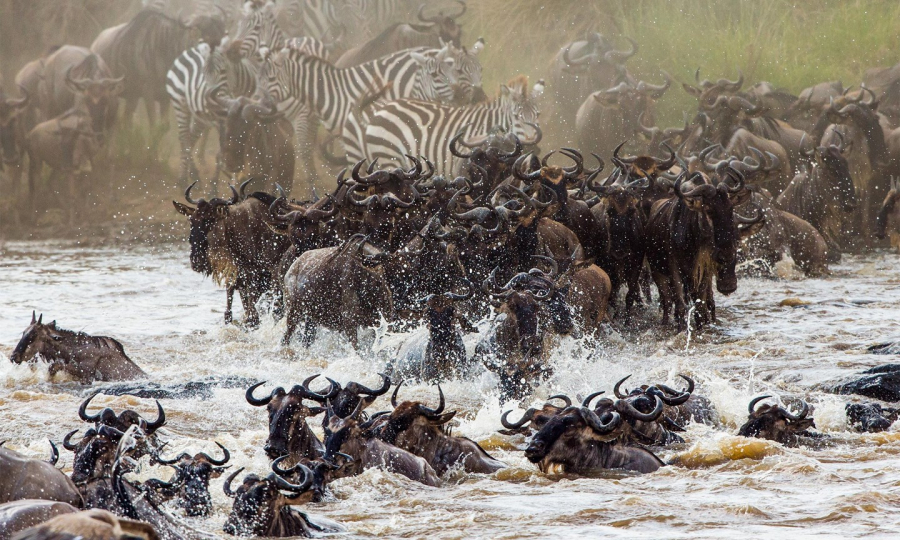
Visitors can admire a variety of wildlife at a safari in Serengeti, home to iconic species such as giraffes, high-horned antelopes, and of course, the legendary "Big Five": lions, elephants, buffalo, and black and white rhinos.

 VI
VI EN
EN



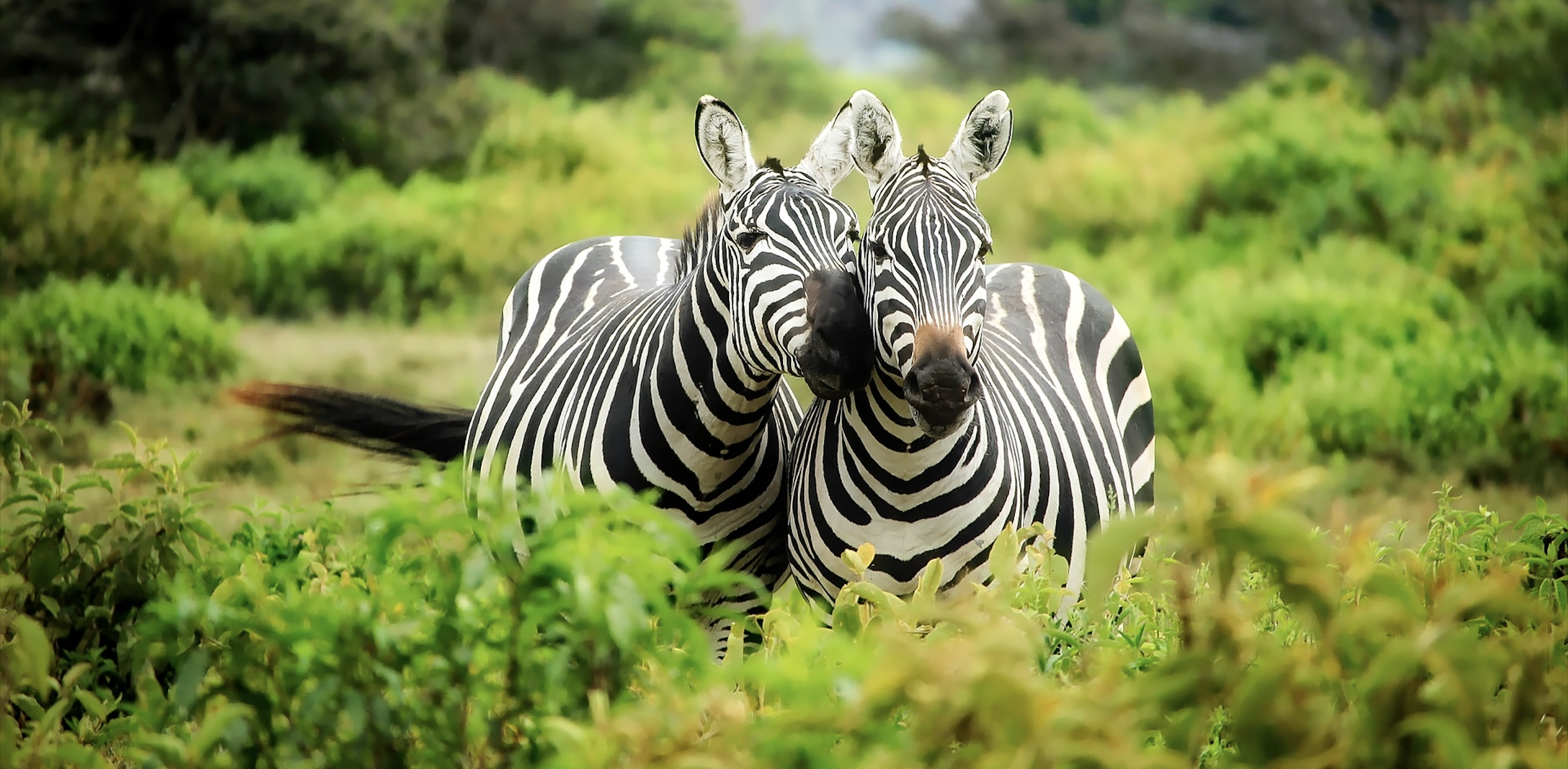














.jpg.jpg)
.jpg.jpg)




.jpg.jpg)
.jpg.jpg)






